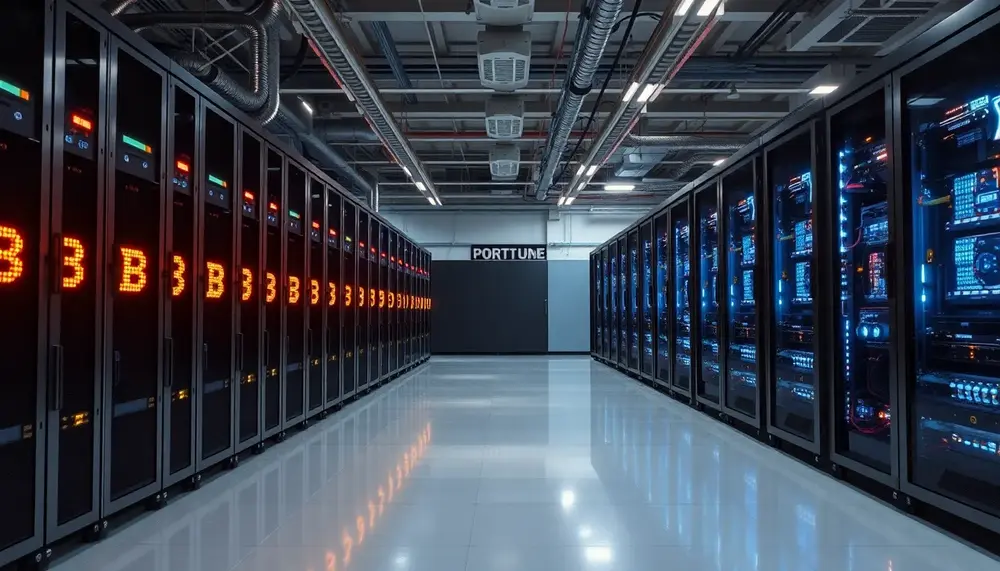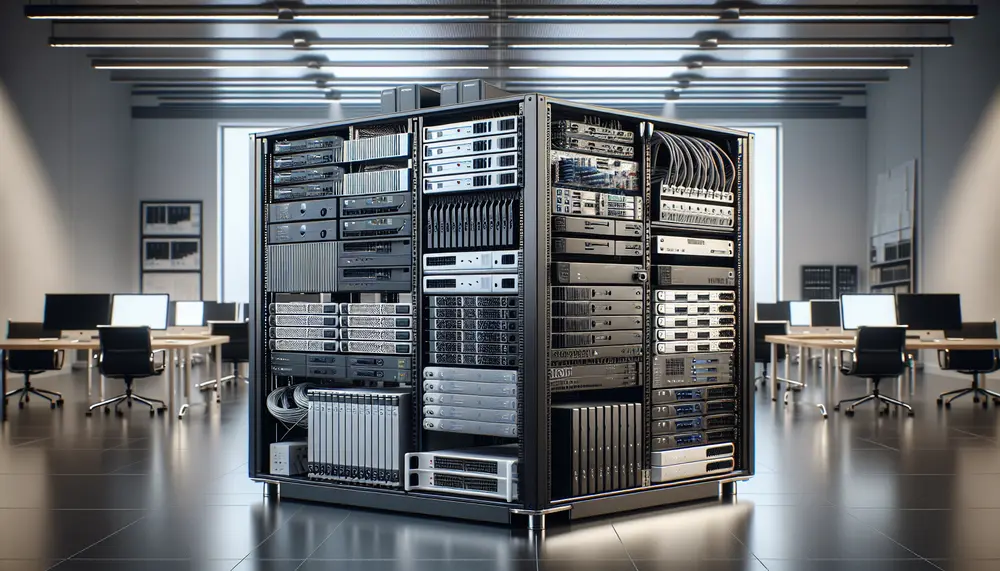Expenditure
Expenditure
What is Expenditure in Bitcoin Mining?
When you take part in the complex world of Bitcoin mining, there's a critical term you need to understand: Expenditure. In essence, expenditure refers to the total cost that a miner incurs to mine Bitcoin. At its most fundamental level, expenditure covers two main areas: initial and ongoing costs.
Initial Expenditure: The Cost of Bitcoin Mining Hardware
The first part of mining expenditure entails the cost of the Mining Hardware. Mining bitcoins requires specialized equipment, known as mining rigs. These powerful computers are designed to solve complex mathematical equations, a process essential for mining bitcoins. The cost of these mining rigs can run from a few hundred to thousands of dollars, depending on the mining capacity and the quality of the rig.
Ongoing Expenditure: Energy and Maintenance Costs
The other key area of expenditure is the ongoing costs associated with mining. Bitcoin mining is an energy-intensive process. The energy costs incurred while running the mining rigs contribute significantly to the ongoing expenditure. This can vary greatly depending on the price of electricity in your region.
If you want to keep your mining operation running smoothly, you also need to factor in maintenance costs. Remember that mining rigs are powerful computers that need cooling, regular updates, and sometimes part replacements. These maintenance costs add to the ongoing expenditure.
Why Knowing Your Expenditure is Important
Understanding your expenditure in Bitcoin mining is vital for determining the profit you stand to make. By deducting the total expenditure from the value of the Bitcoins mined, you can calculate your net profit. Since the price of Bitcoin and the cost of electricity can vary, mining profitability is not a guaranteed outcome. It is thus crucial to consider expenditure when planning your Bitcoin mining operations.
Summary
In conclusion, the term expenditure in the context of Bitcoin mining refers to all costs associated with mining. It includes outlays for hardware, energy, and maintenance. Knowing your expenditure is key in determining the profitability of your mining operations. It helps you make informed decisions about whether to continue mining or seek more cost-effective alternatives.
Blog Posts with the term: Expenditure

Cloud mining allows individuals to lease processing power from remote data centers for cryptocurrency mining, offering convenience and lower upfront costs but potentially reduced earnings and risks of scams. Hardware mining involves owning equipment with greater control and profit potential...

Bitcoin mining involves solving complex puzzles, requiring significant electricity consumption which impacts profitability; factors like hashrate, hardware efficiency, and regional electricity costs play crucial roles in determining energy expenditure. Technological advancements such as ASICs and smart software improve efficiency by...

Cloud mining allows individuals to mine cryptocurrencies remotely by leasing power from data centers, and Binance offers such services through its platform. Users can purchase contracts on Binance Cloud Mining without needing personal hardware or technical knowledge, but profitability is...

Choosing the right crypto mining OS is essential for maximizing efficiency and profitability, with options like Hive OS, minerstat OS, RaveOS, and SimpleMining OS offering unique features tailored to different needs. These specialized operating systems provide tools for performance optimization,...

This guide provides a step-by-step process for building an Ethereum mining rig, covering essential components and their roles, as well as the benefits of creating your own setup. It emphasizes cost efficiency, customization, learning opportunities, scalability, and maintenance advantages while...

Kaspa mining offers the potential for profit through participation in a fast, scalable blockchain network by providing computational power to process transactions and secure the chain, with profitability depending on factors like GPU efficiency, electricity costs, and network hash rate....

Solana mining, or staking, involves locking up SOL tokens to support the network using a Proof of Stake (PoS) mechanism rather than power-intensive hardware. Efficient Solana mining requires key components like powerful CPUs, adequate RAM (at least 64GB), fast SSDs,...

Crypto mining in Kenya is gaining traction due to the country's tech-savvy population and renewable energy resources, with potential economic benefits like job creation. However, challenges such as high equipment costs, lack of technical expertise, and an uncertain regulatory environment...

Kaspa mining hosting provides the necessary infrastructure and services for efficient Kaspa cryptocurrency mining, offering benefits like stable power supply, cooling solutions, remote monitoring, and professional maintenance. When choosing a hosting service, factors such as uptime guarantees, customer support quality,...

The Mining Super Tax proposed by the Australian Greens imposes a 40% tax on mining companies' super profits, aiming to redistribute wealth from natural resources and requiring significant financial and operational adjustments in how these companies manage expenses, investments, cash...

Cryptocurrency mining involves validating blockchain transactions using specialized rigs, which are essentially customized PCs with hardware and software designed for complex calculations. Mining requires significant investment in equipment and energy, has evolved from CPU to GPU and ASIC-based methods, can...

Kaspa mining involves verifying transactions and securing the Kaspa network by solving cryptographic puzzles, rewarding miners with new tokens. The process is energy-efficient and accessible to enthusiasts due to its novel proof-of-work algorithm, requiring consideration of hardware requirements, costs, ROI,...

Dash is a digital currency that operates on a blockchain network, with transactions verified and added to the chain through mining. The process involves solving complex mathematical problems using significant computational power; successful miners add new blocks to the blockchain...

Kaspa mining has gained popularity due to its high throughput, rapid confirmation times, and eco-friendly approach, attracting miners with its GPU-compatible hardware and ASIC resistance. While profitability depends on various factors like electricity costs and market volatility, Kaspa's active community...

